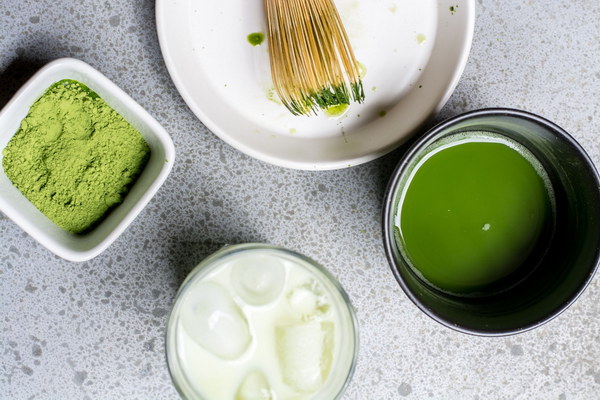The Surprising LiverBoosting Benefits of Fish A Nutritional Treasure
In the world of nutrition, it's no secret that fish is a powerhouse of health benefits. But did you know that this aquatic marvel can also contribute significantly to liver health? Yes, you read that right! Fish, with its array of essential nutrients, can be a true friend to your liver. In this article, we will delve into the fascinating connection between fish consumption and liver health, highlighting the key components that make this possible.
First and foremost, let's talk about omega-3 fatty acids. These polyunsaturated fats are found in abundance in fish like salmon, mackerel, and sardines. Omega-3s have been extensively studied for their role in reducing inflammation, which is a primary culprit in liver disease. By curbing inflammation, omega-3s can help prevent conditions such as non-alcoholic fatty liver disease (NAFLD), a condition that affects millions of people worldwide.

In addition to omega-3s, fish is an excellent source of protein. High-quality protein is essential for maintaining healthy liver function, as it helps with the synthesis of enzymes and other vital substances required by the liver. By incorporating fish into your diet, you're essentially providing your liver with the building blocks it needs to carry out its many functions efficiently.
One of the most significant roles of the liver is to detoxify the body by filtering out harmful substances. Fish, particularly fatty fish like salmon and tuna, contains high levels of selenium. This trace mineral is a powerful antioxidant that helps to protect the liver from oxidative stress and damage caused by free radicals. Selenium also plays a crucial role in regulating the immune system, ensuring that your body can fight off infections and diseases that may harm the liver.
Another important nutrient found in fish is vitamin E, a fat-soluble vitamin that serves as a potent antioxidant. Similar to selenium, vitamin E helps to neutralize free radicals and protect the liver from oxidative damage. Moreover, vitamin E is involved in the synthesis of glutathione, a critical molecule that supports liver detoxification.
Fish is also an excellent source of vitamin B12, which is essential for maintaining liver health. B12 is involved in the metabolism of fats, proteins, and carbohydrates, and it helps to convert homocysteine, an amino acid, into a non-harmful form. Elevated levels of homocysteine are associated with an increased risk of liver disease, so ensuring an adequate intake of vitamin B12 can help reduce this risk.
Now that we've established the numerous health benefits of fish for the liver, let's discuss how to incorporate this nutritious food into your diet. Aim to consume fatty fish at least twice a week. You can enjoy them in a variety of ways, such as grilled, baked, or steamed. For those who prefer plant-based options, flaxseeds, chia seeds, and walnuts are great alternatives to get your omega-3 fatty acids.
It's important to note that while fish can be a valuable addition to a liver-healthy diet, it's not a substitute for medical treatment or a healthy lifestyle. If you have concerns about your liver health, it's best to consult with a healthcare professional.
In conclusion, fish is a nutritional treasure that can significantly contribute to liver health. With its omega-3 fatty acids, protein, selenium, vitamin E, and vitamin B12, this aquatic marvel offers a wide range of benefits for your liver. By making fish a regular part of your diet, you can help protect your liver and support overall health. So, the next time you're at the fish market or grocery store, remember to choose wisely and incorporate this liver-boosting food into your meals.









